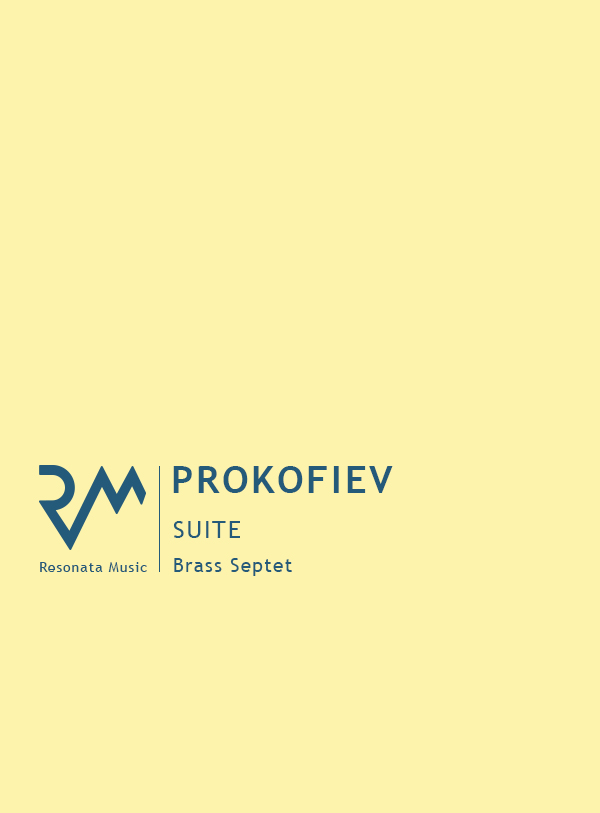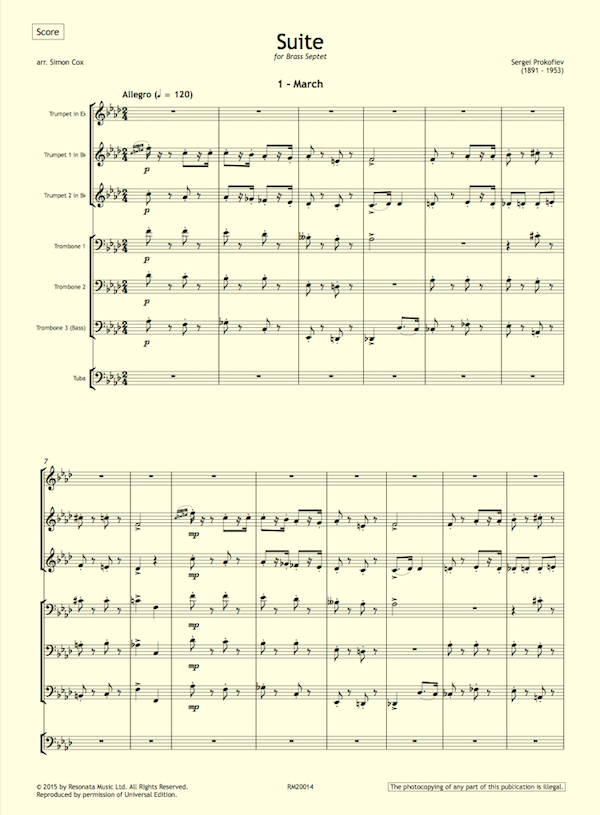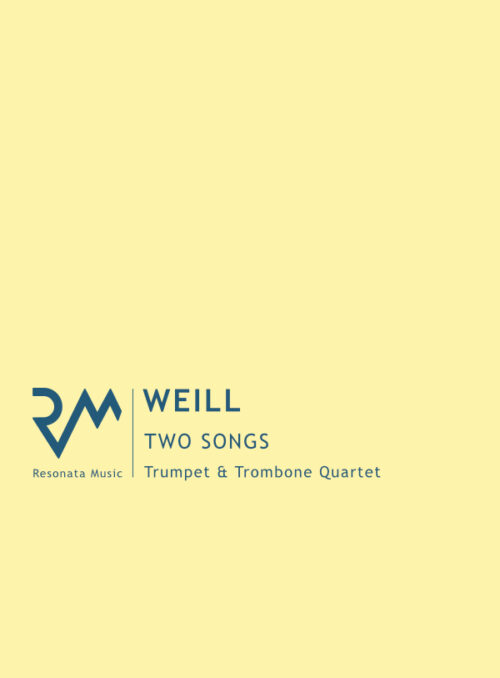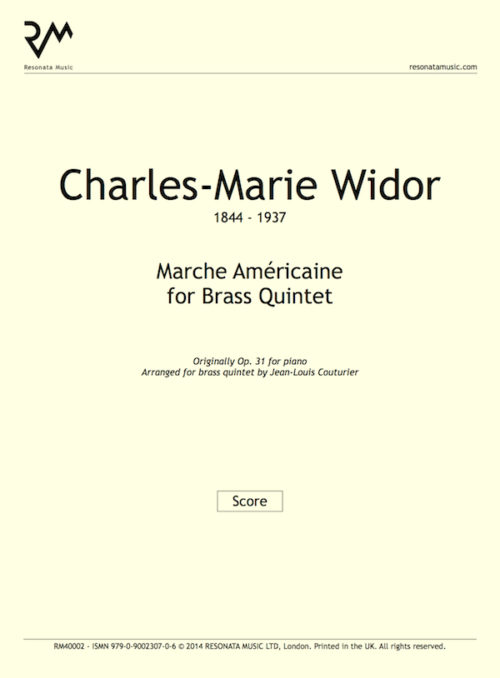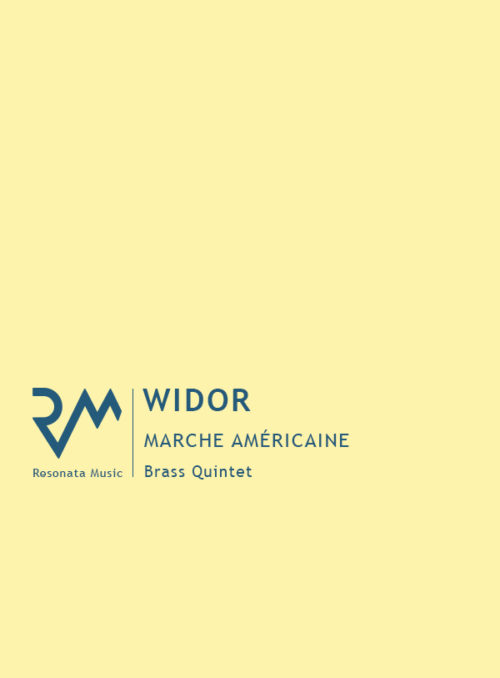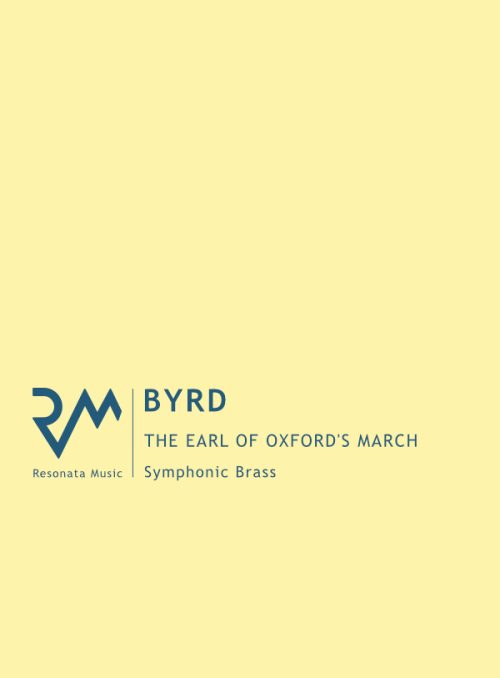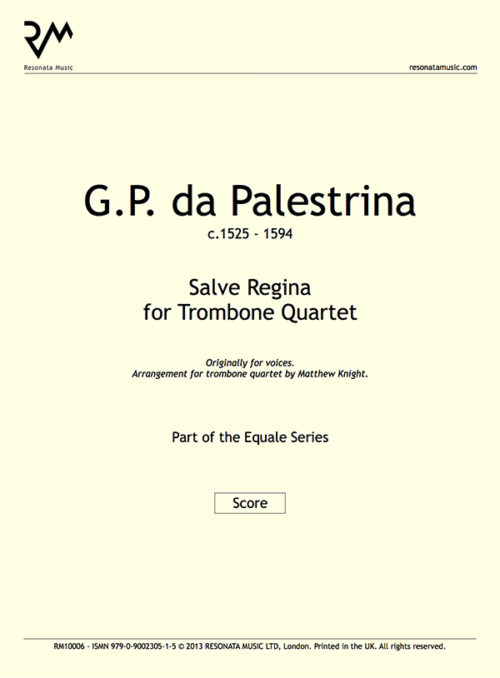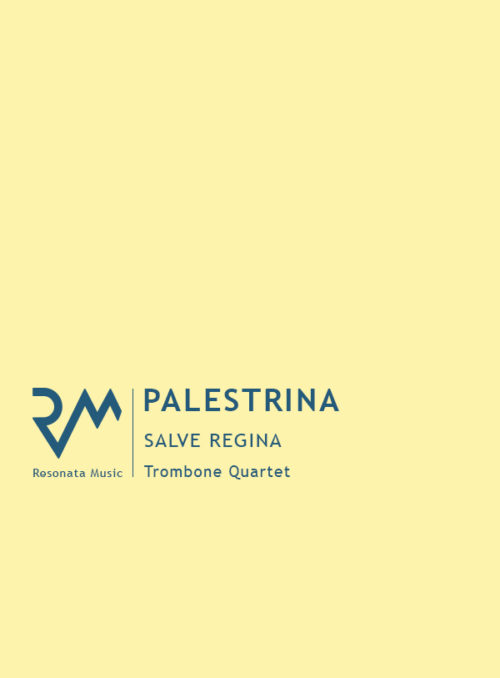Description
Although Prokofiev was without doubt one of the most original and distinctive voices of the early twentieth century, his reputation in the West was diminished by Cold War antipathies, and his music has perhaps never been celebrated as much as that of Stravinsky and Schoenberg. However, whereas those composers eventually threw out the centuries-old harmonic system and turned to atonality, Prokofiev’s unparalleled gift was to create original music that remained tonal. Finding an original path within an existing framework is also the basis of Neoclassicism—a rejection of the unrestrained emotion of Romanticism in favour of a return to Classical principles of order, balance and clarity—so it is no surprise that Prokofiev became a key exponent of that movement. The Op. 12 suite was composed whilst Prokofiev was still a student—precocious and arrogant (he irked his peers by keeping statistics on their errors)—at the St Petersburg Conservatory, and it represents an early foray into Neoclassicism, with the influence of the eighteenth-century dances (which featured so highly in Volume 2 of this series) keenly felt, especially in the Gavotte and grotesque Allemande. The spiky opening March, repeatedly lurching between F and F sharp minor, foreshadows the more famous March from his opera, The Love for Three Oranges. The Humorous Scherzo ironically sets a rapid and agile dance in the piano’s grumbling low register, and the effect is heightened by arranging it for comically inelegant and unwieldy instruments—Prokofiev himself arranged it for four cumbersome bassoons, and luckily the septet has its own comedy troupe, three trombones and a tuba.
Matthew Knight
Parts included:
- Score
- Trumpet in E-flat
- Trumpet 1 in B-flat
- Trumpet 2 in B-flat
- Trombone 1
- Trombone 2
- Trombone 3 (Bass)
- Tuba
Purchasing this product entitles you to download it three times. You will receive an email with a link to download your files upon completing payment.

